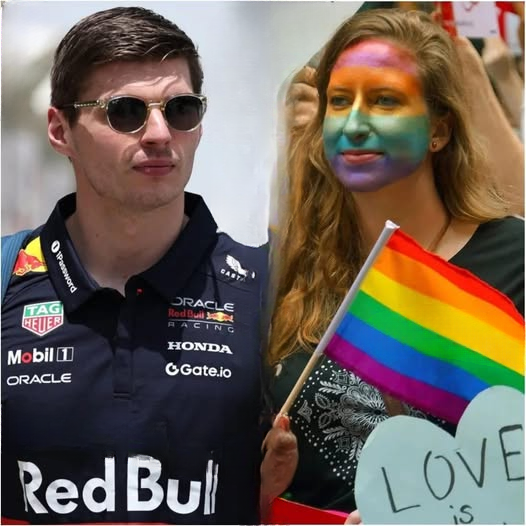In the ever-changing world of professional sports, athletes are often called upon to do more than perform on the field or the track. Their influence stretches far beyond their chosen discipline, turning them into cultural figures, voices of change, and sometimes, symbols of controversy. Formula 1, one of the world’s most prestigious and widely followed motorsport competitions, is no stranger to this dynamic. Over the past decade, the sport has increasingly embraced campaigns highlighting diversity, inclusion, and social responsibility.
Yet in a surprising and polarizing move, reigning Formula 1 world champion Max Verstappen announced that he will not be participating in the sport’s upcoming Pride Night event. The Dutch driver, known for his uncompromising focus on racing and his straightforward personality, has made it clear that he wants to keep the spotlight solely on the sport itself.
His decision has ignited a storm of debate both within and outside the racing world. For some, Verstappen’s choice reflects a refreshing honesty and a return to the roots of competitive racing. For others, it represents a step back in the broader fight for inclusivity and representation in global sports.
This article explores the details of Verstappen’s announcement, the reactions it has sparked, and the larger questions it raises about the intersection of sports, politics, and culture in the modern era.
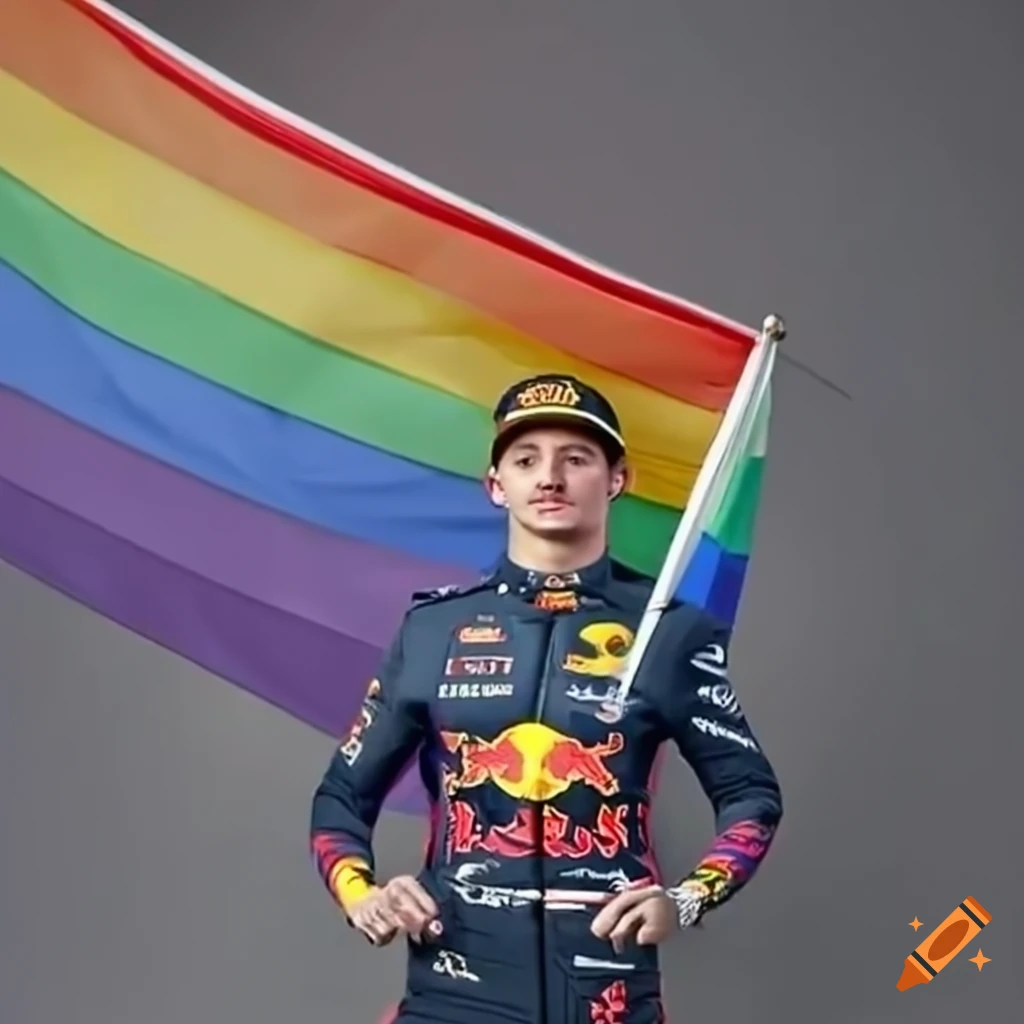
Max Verstappen: A Profile of a Champion
To understand the weight of Verstappen’s decision, it is important to recognize who he is and what he represents in the world of Formula 1.
Born in Belgium to a family deeply rooted in motorsport—his father Jos Verstappen was also an F1 driver—Max showed extraordinary talent from a very young age. By the age of 17, he had already made his Formula 1 debut, becoming one of the youngest drivers in the history of the sport. His rise was meteoric, and his aggressive racing style quickly established him as both a fan favorite and a feared competitor on the track.
By 2021, Verstappen had captured his first world championship title in a dramatic season that saw him dethrone seven-time champion Lewis Hamilton. Since then, he has continued to dominate, setting records and solidifying his position as one of the greatest drivers of his generation.
Throughout his career, Verstappen has been known for his single-minded dedication to racing. He rarely engages in off-track controversies and has often expressed a desire to keep discussions about Formula 1 focused on performance, strategy, and competition. This personality trait provides context for his decision regarding Pride Night.
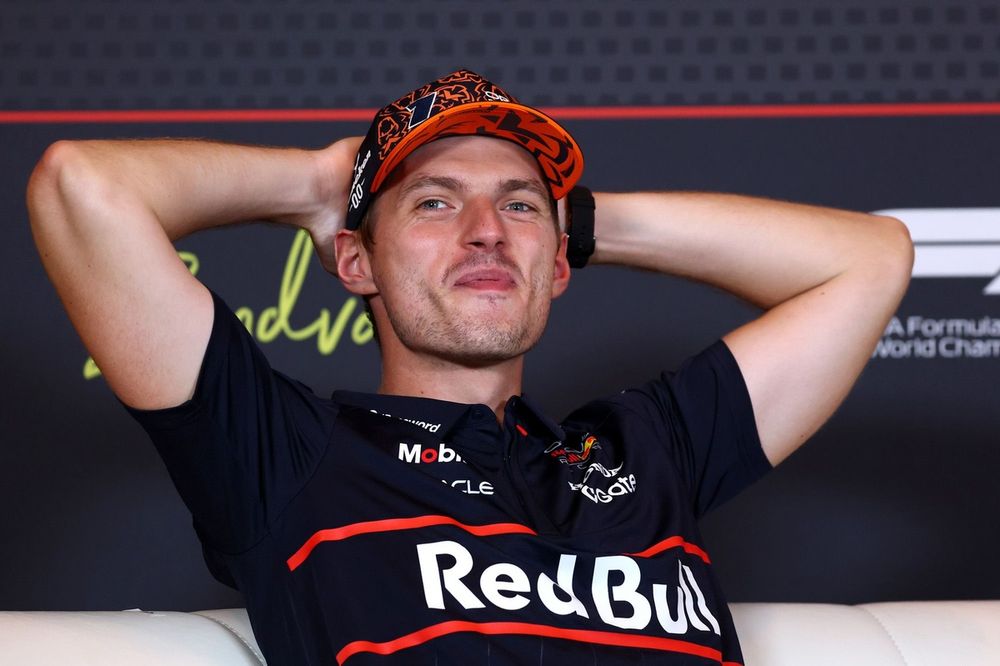
The Announcement: A Bold Statement
In early September, Verstappen posted a statement on his official social media accounts. The message was simple but powerful:
“When I step into a car, my mind is focused on one thing—racing. Sports events are increasingly being used to highlight causes beyond the sport itself. I respect everyone’s right to support what they believe in, but I have chosen not to participate in F1 Pride Night. For me, the race and the fans who love the sport should always come first.”
With these words, Verstappen drew a clear line between his role as an athlete and the growing trend of blending sports with social activism.
The statement quickly spread across news outlets, sparking debate among fans, analysts, and fellow drivers. Some applauded him for prioritizing the purity of the sport, while others expressed disappointment, arguing that inclusivity efforts like Pride Night are about celebrating the diversity of fans and participants who make Formula 1 a global community.
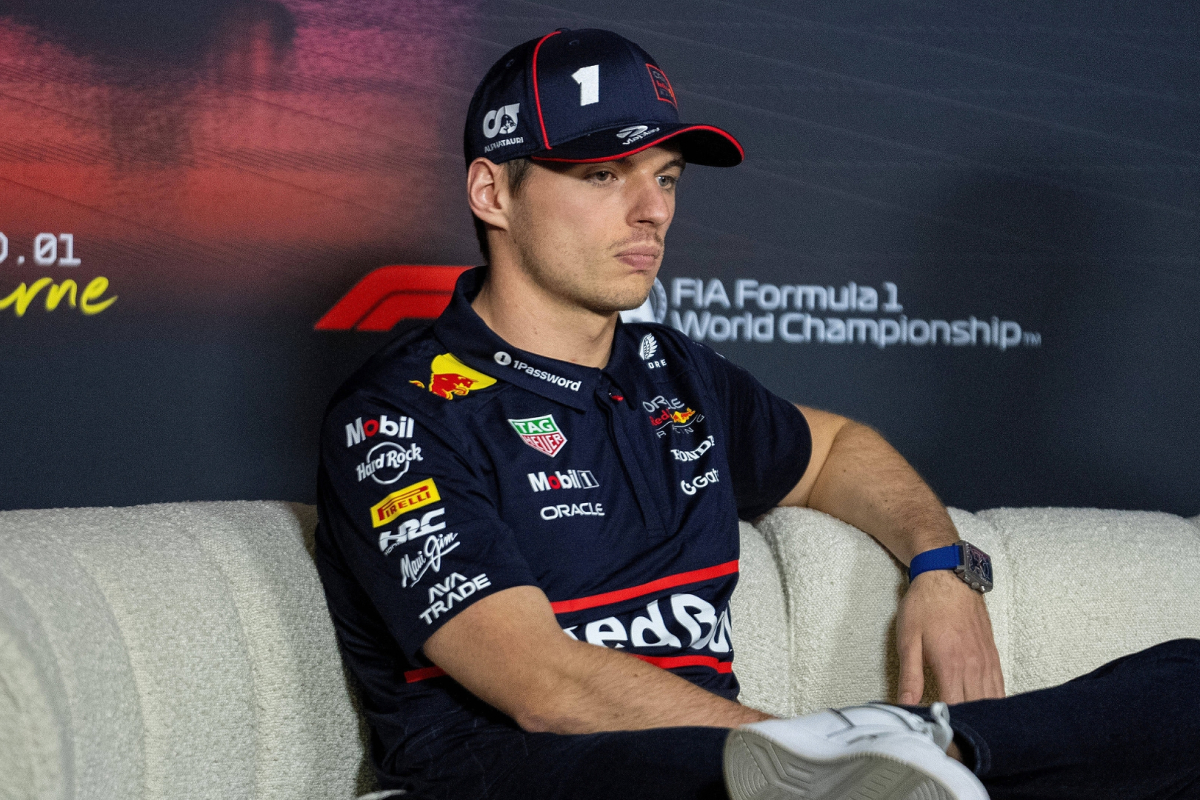
Understanding F1 Pride Night
Formula 1’s Pride Night initiative is part of the sport’s broader strategy to promote inclusivity and diversity. Inspired by similar efforts across global sports leagues, Pride Night events aim to create a welcoming space for LGBTQ+ fans and allies, ensuring that motorsport is accessible and affirming for all communities.
Over the past few years, F1 has launched a variety of campaigns under the banner of “We Race As One,” which highlights diversity, sustainability, and equality. Pride Nights are a visible extension of this philosophy, featuring rainbow-themed branding, fan events, and participation from drivers willing to show their solidarity.
Supporters of these initiatives argue that they are essential for modernizing Formula 1, a sport that has historically struggled with issues of exclusivity and elitism. By embracing inclusivity, F1 hopes to broaden its audience and reflect the diversity of its global fan base.
Verstappen’s Philosophy: “Keep Racing About Racing”
Verstappen’s refusal to join Pride Night is not an isolated stance, but rather a reflection of his long-held philosophy about what it means to be an athlete. He has consistently said that he wants to keep his attention on the sport itself, without distractions or external pressures.
“I race because I love it,” he explained further. “I respect everyone’s views, but I do not think events like this should be tied to race weekends. The fans pay to see us compete at the highest level. That is where I put my energy.”
This perspective resonates with many fans who see Formula 1 primarily as an escape from the complexities of everyday life. For them, sport is about entertainment, performance, and drama on the track—not about wider cultural debates.
At the same time, this approach raises questions about whether athletes in the modern world can—or should—separate themselves from broader social issues.
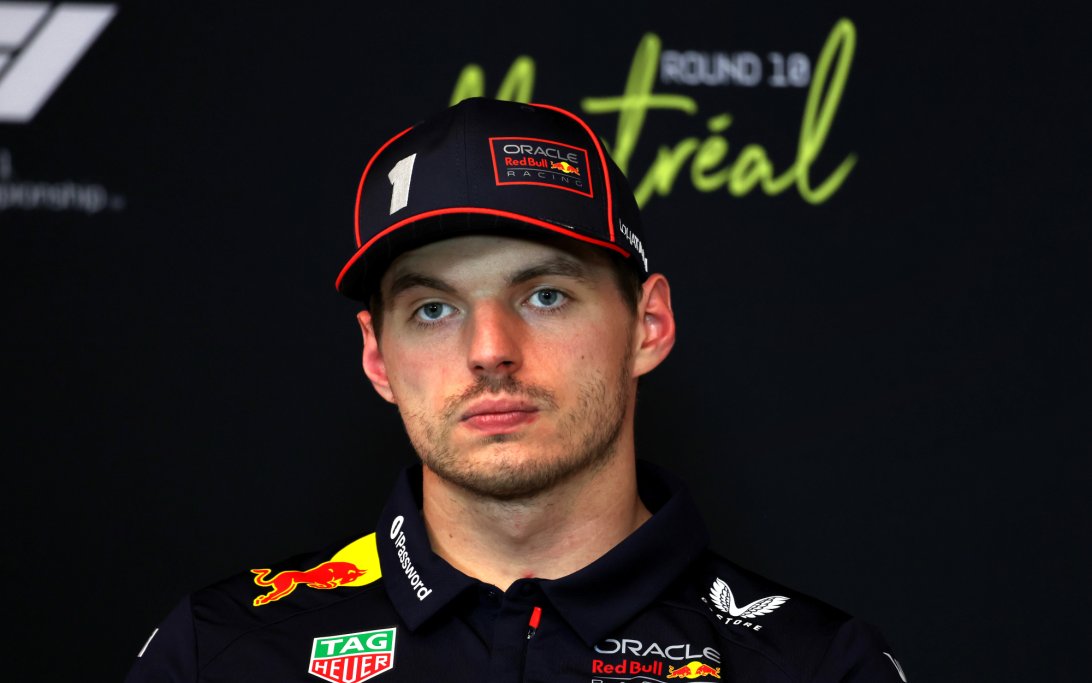
Reactions From the Motorsport Community
The motorsport community has responded in a divided but passionate manner.
Support for Verstappen
Some commentators and fans have praised Verstappen for being authentic and sticking to his principles. Veteran F1 broadcaster Martin Brundle suggested that Verstappen’s perspective reflects the sentiments of many who feel sports should not be burdened with agendas beyond competition.
“Max has always been about racing first,” Brundle commented. “And while inclusivity is important, there is also something to be said about maintaining the purity of the sport.”
Fans who share this view often argue that sports should remain politically neutral and serve as a form of escapism from daily life.
Criticism and Disappointment
On the other side, Verstappen’s decision has faced criticism from drivers, advocacy groups, and fans who believe inclusivity is essential to the growth and integrity of the sport.
Seven-time world champion Lewis Hamilton, long recognized as a leading voice for diversity in Formula 1, responded quickly.
“It’s important that we, as athletes, use our platforms responsibly,” Hamilton said. “Events like Pride Night send a message to fans that they are seen and valued. It’s about more than racing—it’s about the people who make this sport what it is.”
Other drivers, such as George Russell and retired champion Sebastian Vettel, have expressed their support for Pride initiatives in the past, emphasizing that inclusivity strengthens the global community of F1 rather than distracting from it.
The Broader Debate: Sports and Social Causes
Verstappen’s boycott raises a broader and ongoing debate: Should sports remain separate from social and political causes, or do athletes have a responsibility to take a stand?
Sports as Escapism
Supporters of neutrality argue that sports are one of the few spaces left in society where people from diverse backgrounds can come together, united by a common passion. Introducing political or social messages, they argue, risks alienating certain fans and diluting the competitive focus.
Sports as a Platform for Change
On the other hand, advocates of activism point out that sports are inherently influential and that athletes often have global platforms capable of promoting positive change. From Muhammad Ali’s stand against the Vietnam War to recent campaigns for racial equality and climate awareness, sports have historically played a powerful role in social transformation.
Formula 1 itself has leaned into this reality, using its reach to promote values of inclusivity and diversity. Events like Pride Night are seen as extensions of this mission, ensuring that the sport does not remain disconnected from societal progress.
What This Means for Formula 1
The controversy surrounding Verstappen’s decision highlights the balancing act that Formula 1 now faces. On one hand, the sport wants to remain a thrilling competition defined by speed, engineering excellence, and strategy. On the other, it recognizes the importance of connecting with a global audience that values inclusivity, representation, and social responsibility.
How Formula 1 navigates this divide will likely shape its future. While Verstappen’s stance may appeal to fans who prefer a focus on racing, the sport’s leadership has signaled its continued commitment to diversity and equality initiatives. Finding a middle ground that respects both perspectives will be key to maintaining unity within the F1 community.
Conclusion
Max Verstappen’s decision to boycott F1 Pride Night is more than a personal choice—it is a moment that underscores the tension between sports as pure competition and sports as a vehicle for broader social messages.
His announcement has sparked passionate debate, with some applauding his dedication to racing and others criticizing his refusal to participate in inclusivity initiatives. At its core, this controversy reflects a larger question that modern sports across the world are grappling with: Should athletes focus exclusively on performance, or should they embrace their roles as cultural influencers?
As Formula 1 continues to evolve, this debate will not end with Verstappen. It will continue to shape the identity of the sport and its place in society for years to come.
For now, Verstappen remains steadfast in his commitment to keeping racing about racing—a stance that, whether celebrated or criticized, ensures his role at the heart of one of the most important cultural conversations in modern sports.
